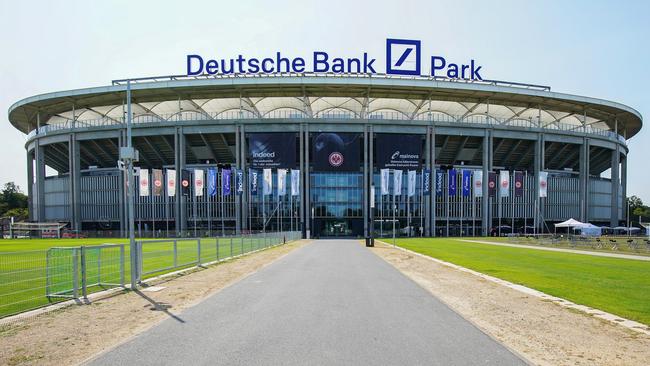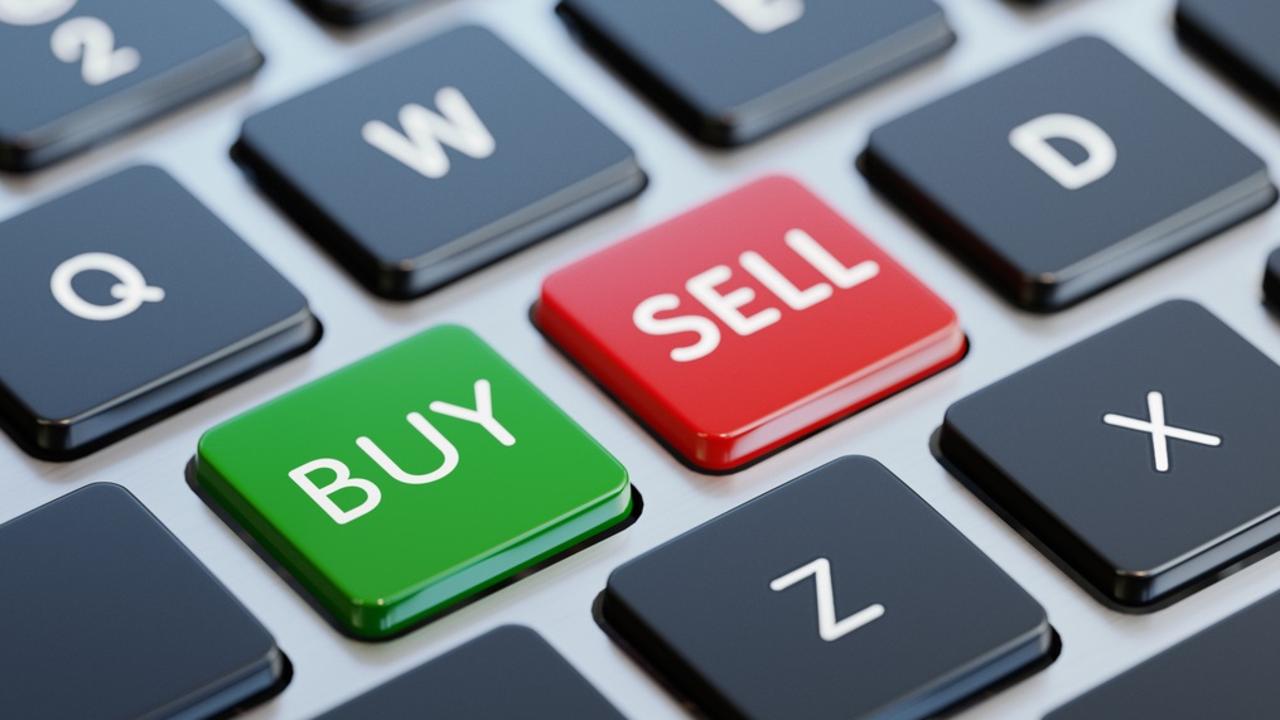
Overstating green credentials or so-called “greenwashing” has yet to be fully tested in the Australian court of public opinion or indeed in a court of law.
But two unnamed funds came very close to risking reputational damage earlier this year when the dollar numbers they claimed as being held in “responsible” investments had to be lowered by a combined $166m.
The incidents reported as “errors in self reporting” are detailed in the annual report of the Responsible Investment Association Australasia released this week.
The number of fund managers that claim to be engaged in responsible fund management has now risen to an improbable 89 per cent – representing $2853bn, according to the RIAA.
No wonder the report predicts the regular outperformance of responsible investments over mainstream investments is expected to dwindle. After all, if just about everyone in funds management claims to be “responsible” then how can you beat the average?
For the record, over the last year, the report says responsible investments funds performed on a par with – or better than – the wider market.
In reality, despite the best efforts of groups such as the RIAA, the definitions for responsible investment are just too loose and open to misunderstandings.
Though the Australian Securities and Investments Commission is reviewing the sector for the “misrepresentation of products which pose a threat to a fair and efficient financial system”, we are yet to see clear yardsticks on how to clean up the area.
“We are looking forward to the regulator getting involved,” says Nicolette Boele, policy and standards manager at the RIAA, who says the industry association will also be launching its own ratings service in the coming year.
There is a distinct sense that the harder a regulator might probe the alleged virtues of many Australian fund managers the worse the news might get.
Just last week, in what may turn out to be a landmark for the booming ESG sector, it was reported that the US Securities and Exchange Commission is investigating the asset management unit of Germany’s Deutsche Bank over “misleading clients about the nature of its sustainable investment offerings”.
SEC chair Gary Gensler recently warned: “When it comes to sustainability related investing, there’s currently a huge range of what asset managers might mean by certain terms and what criteria they use.”
To be fair to the RIAA, it is clearly downplaying the 89 per cent of managers who call themselves responsible and giving most of its attention to the companies that conform to ESG principles in a persuasive manner.
In other words, the 25 per cent of fund managers who present “leading practice responsible investment standards”. However, as the report points out, most of these better placed funds are based offshore.
As the report explains: “While the majority of the mainstream investment market claims to be responsibly invested, those funds engaging in leading practice responsible investment have seen an explosion in assets under management, growing 30 per cent in 2020. This movement of capital has come at the expense of the remainder of the market, which has seen the value of assets shrink by 11 per cent.”
The report found the key focus areas of responsible managers are fossil fuels, tobacco and weapons – for investors fossil fuels and climate change are the most important issues.





